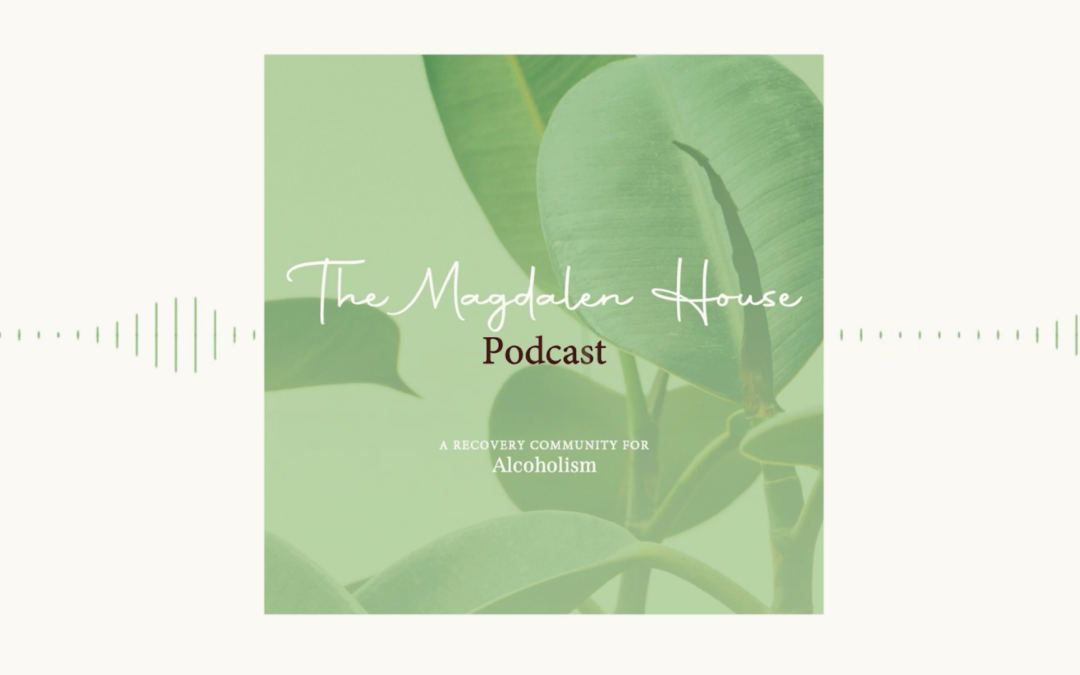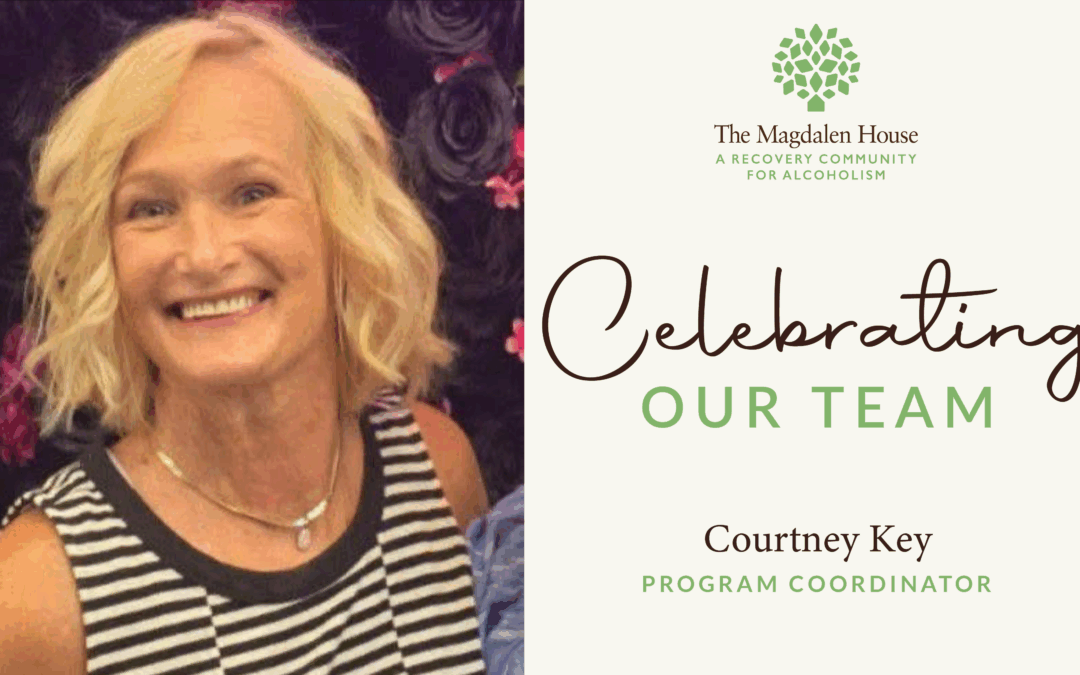Why is Alcoholic Such a Bad Word?
By Lisa Kroencke, Chief Executive Officer
The public perception is that alcoholics are different; we struggle more than others or have an “addictive personality,” that we are a certain way and will always be a certain way and minding the truth of “who we are” and being hyper-aware of our “triggers” will keep us out of trouble and sober.
The narrative goes like this: even if we stop drinking and are sober for years, we can never live a normal life. Not only do we still have this horrible thing called alcoholism, but it extends to every area of our existence. In other words, it limits us. It also ensures we will live in an infinite loop of fear.
These assumptions help perpetuate the stigma surrounding alcoholism, and they could not be further from the truth. No WONDER no one wants to be called an “alcoholic.”
I am a normal person, just not a normal drinker, and I am here to share a different perspective. When I say “I am an alcoholic,” it is not a negative label that I give myself but rather a defining quality, like saying I have blue eyes. I have recovered from alcoholism, but I am not cured.
I am a normal person, just not a normal drinker, and I am here to share a different perspective. When I say “I am an alcoholic,” it is not a negative label I give myself but rather a defining quality, just like saying I have blue eyes. I have recovered from alcoholism, but I am not cured.
I first got sober in 2007 when I was introduced to alcoholism as a disease. This experience not only saved my life, but changed it forever. I had been trying to get sober for some time and didn’t understand why I couldn’t drink alcohol like the rest of my friends. I didn’t know why I couldn’t stop even when I wanted to. I was finally diagnosed; I learned the truth about the mental illness that is alcoholism and the solution for permanent recovery.
Early on, I heard someone say, “whatever you put in front of your recovery will be the first thing you lose.” So, I made sure that recovery came first, before anything else, and over the next six months, I got my will to live back.
I remember being conflicted if I should share my alcoholism with my community. I was unsure if I should talk out loud, label myself, or keep my disease under the rug and pretend that I didn’t have it. Was I going to speak about it or was I going to take this secret I had been hiding for years and expose it? I had been hiding for a decade, hiding from my husband, hiding from my friends, hiding from my kids, hiding from responsibilities, hiding from my potential, and hiding from myself. I was very public about my drinking; why shouldn’t I be public about my recovery? I was tired of hiding, so I chose to put myself out there and admit I was an alcoholic and had a disease – be authentic about who I am.
I was tired of hiding, so I chose to put myself out there and admit I was an alcoholic and had a disease – be authentic about who I am.
And, if being an alcoholic is one of the best parts of who I am, why should I shy away from the word?
What I found surprised me. Instead of judgment, I had people approach me in the neighborhood, grocery store, and church and tell me their stories. Recovery had saved their lives – just like it saved mine. Some asked if they could “call” me; they needed my help with a friend, loved one, or themselves.
What I found surprised me. Instead of judgment, I had people approach me in the neighborhood, grocery store, and church and tell me their stories. Recovery had saved their lives – just like it saved mine. Some asked if they could “call” me; they needed my help with a friend, loved one, or themselves.
Of course, I should not have been surprised since one in nine people are alcoholic.
Calling myself an alcoholic is not about me, not even close. It is for those who selflessly came before me and, most importantly, about the person in active alcoholism who is in enough pain that maybe something I say here will resonate and lead them to ask for help.
This disease thrives in the dark, and when we speak up and own our disease, it gives someone else the courage to do the same. Being called an alcoholic is not a label to me, but freedom and a chance to pay forward what was so freely given to me.
This disease thrives in the dark, and when we speak up and own our disease, it gives someone else the courage to do the same. Being called an alcoholic is not a label to me but freedom and a chance to pay forward what was so freely given to me.
This transparency caused a ripple effect that was vast and ongoing. I now believe being true to who I am will help break the stigma of alcoholism, which is critical in making progress in fighting the disease.
I’m tired of watching people die from alcoholism and addiction who don’t know there is a solution. This disease doesn’t discriminate; it takes the lives of some of the most beautiful humans this earth has ever known, it has taken some of my good friends, and there have been countless times where it could have taken mine.
This disease doesn’t discriminate; it takes the lives of some of the most beautiful humans this earth has ever known, it has taken some of my good friends, and there have been countless times where it could have taken mine.
So, it is imperative that we speak up now – not tomorrow, not next week, not next year – we are in the midst of an epidemic in America that has been around long before it was called an epidemic. And if I can be honest about the thing that has saved my life, call myself an alcoholic, and this helps someone – that is far more important than anyone judging me for labeling myself.
And besides, what difference does a label make when it could save someone’s life?





